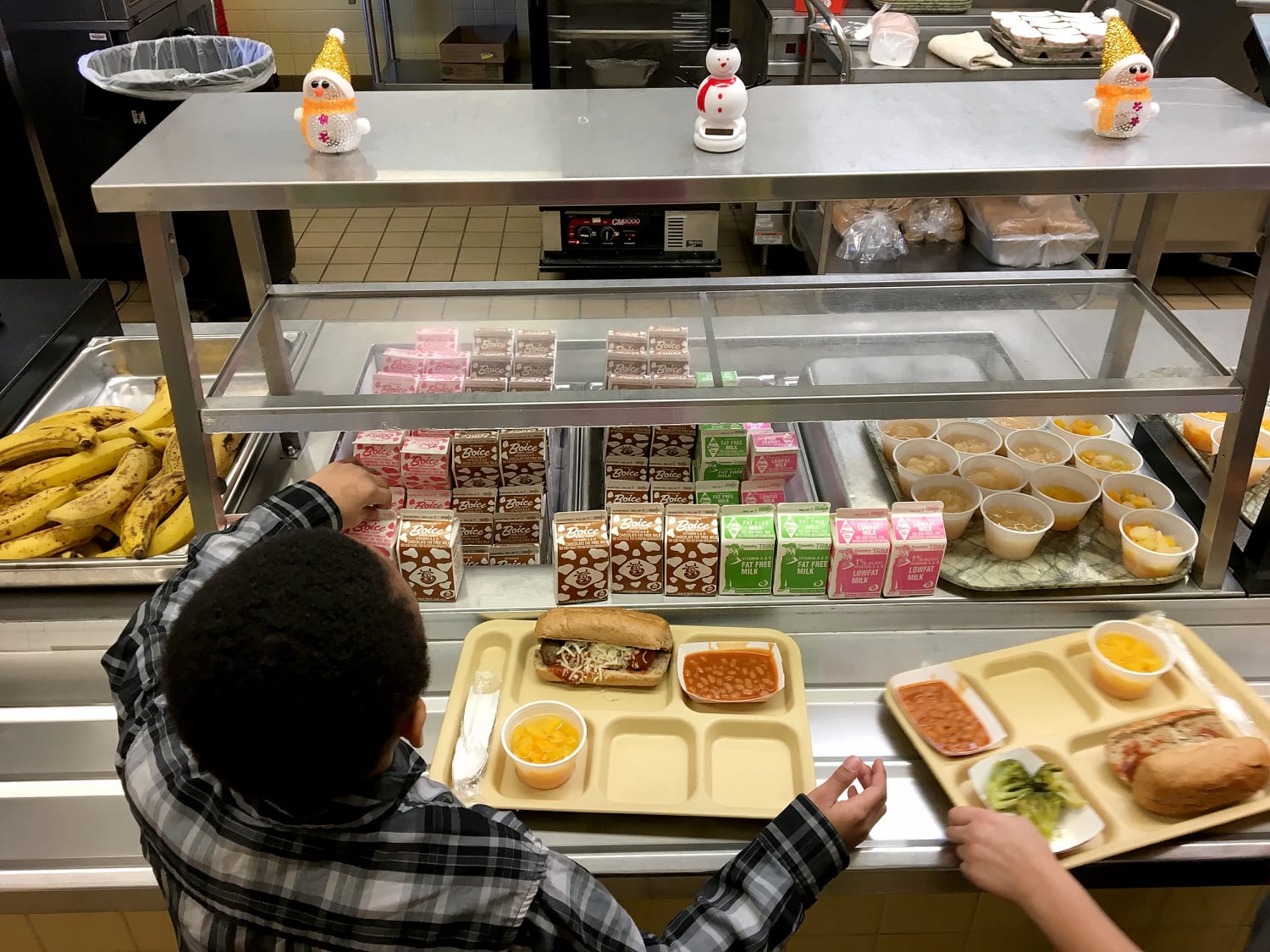The U.S. economy is slowing down, but it keeps creating jobs at a healthy pace. Employers added 164,000 jobs last month — as analysts had projected — and the unemployment rate held steady at 3.7%.
Ohio’s Medicaid enrollment has declined more than 8% in the past two years, raising questions about whether the more than 250,000 former
The ruling continues the legal obstacles to the Trump administration?s desire to compel poor Americans to work in exchange for public health insurance.
White House advisers argued against funding a program under the Affordable Care Act.
The Trump administration rejected a conservative proposal for a Medicaid waiver for Utah that had limits similar to Georgia’s.
The administration failed to include its analysis of how many schoolchildren would be affected by food stamp changes in its formal proposal, according to a lawmaker who was briefed on the figures.
The policy is already law in some states and cities, and has become a talking point for Democratic leaders and presidential candidates. But while it has helped lift some Americans out of poverty, it has cost others their jobs.
The influx comes at a time when the foster care system is scrambling to adjust to major federal changes.
L.A. officials are the subject of criticism for what many residents see as a failure to handle the homeless problem. But across the country, L.A. is considered to be a model for getting people into housing.
A new state law dramatically increases the time tenants have before they are evicted. Tenant advocates say the law is great news; landlords say it’s forcing them to act like the department of social services.







